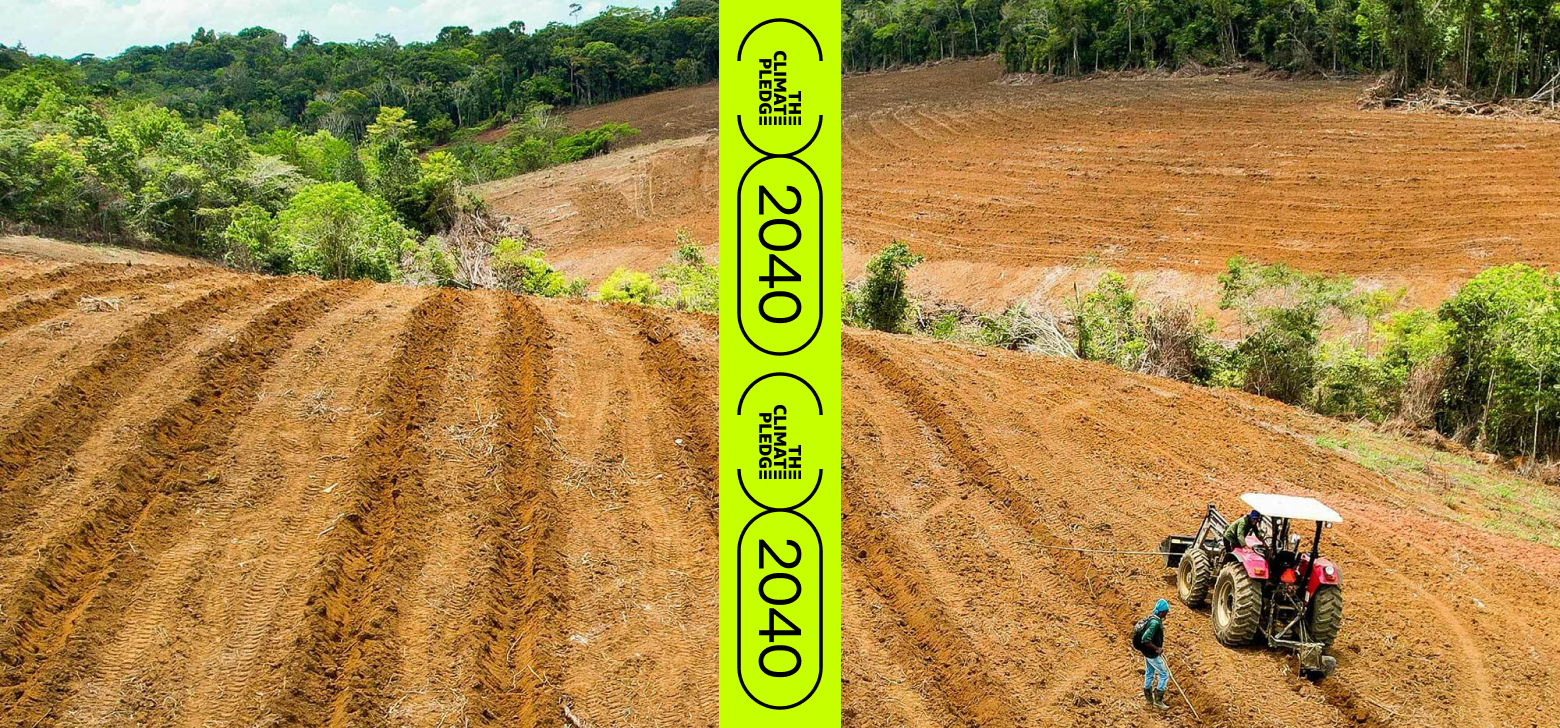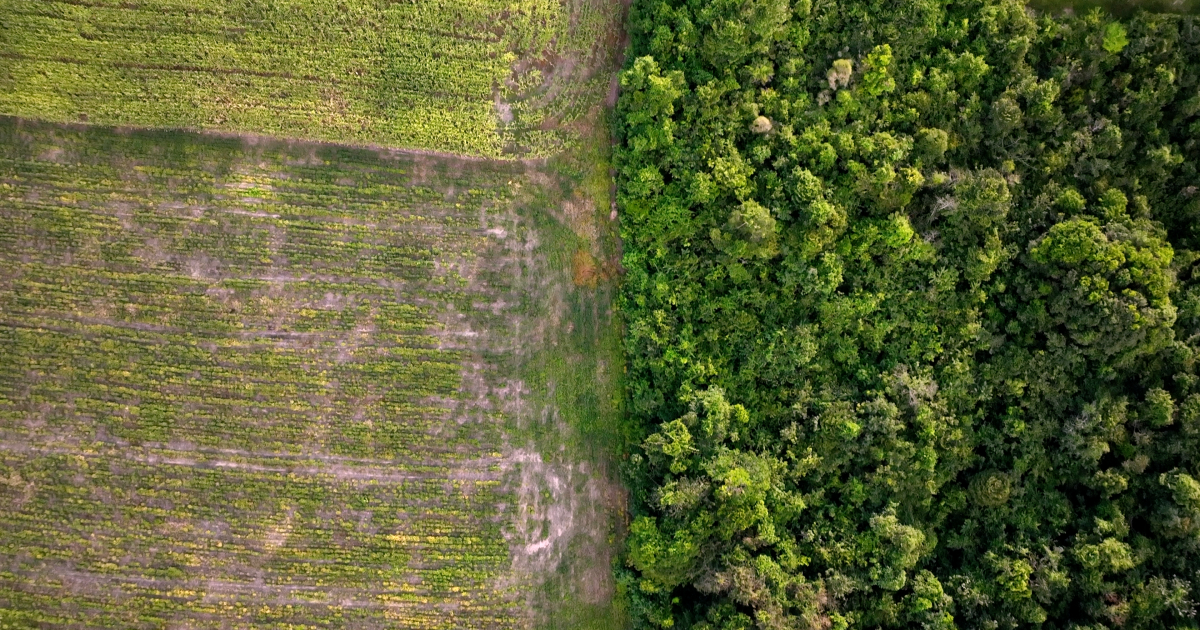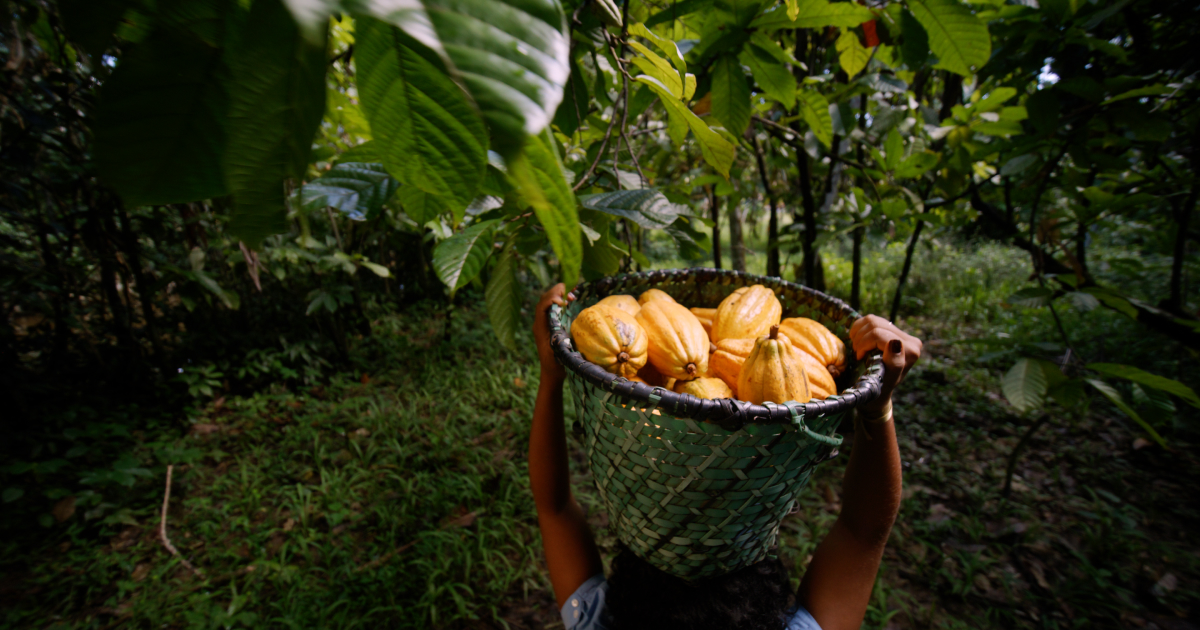The Climate Pledge: Halting and ultimately reversing deforestation will require collaboration between private businesses and governments. What’s the role that businesses can and should play, together and alongside local governments?
Mulligan: Before joining Amazon, during the Obama administration, I worked in the Office of Management & Budget, which is part of the White House apparatus. At that time, everyone expected that the real action on climate policy was going to happen in the halls of government. Government policy remains critical, but it has become clearer than ever in the years since that the private sector needs to act as well. Amazon co-founding The Climate Pledge was one of those watershed moments where you have the private sector acting more decisively and more confidently when it comes to progress on climate change.
The network benefits for businesses are really profound. Take, for example, the carbon credit market. It’s fragmented, opaque, and complex. Working together with other companies allows us to shape new policy solutions, share technical expertise, and navigate it with much greater speed and ease.
The Climate Pledge: What have been the results of your work thus far, and what’s ahead?
Mulligan: We feel like we’re really gaining momentum, and the results are starting to show. Deforestation rates in Brazil are down by half year-over-year—that’s due to leadership by policymakers in Brazil, and now initiatives like the LEAF Coalition have a critical role to play in supporting and sustaining that progress.
As we look to the future, we have the opportunity to both rethink problems with a fresh perspective and rethink what the solution is going to look like. We’re focused. We’re making big bets where we really think we can break through.
Learn more about Amazon’s sustainability work here.



